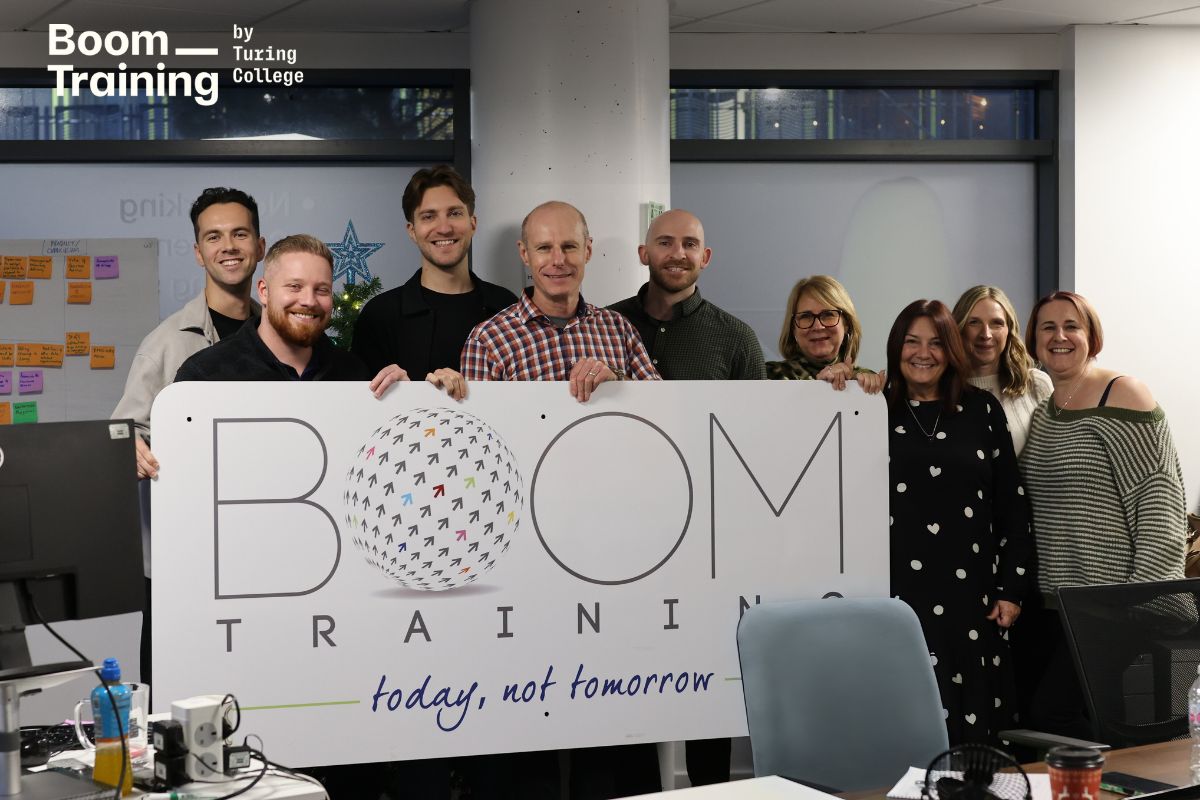‘Microcredentials’ can kickstart a Skills Revolution in the UK, according to new report by the LEC

A new Report from the Lifelong Education Commission, chaired by former universities minister, Rt Hon Chris Skidmore MP, reveals the critical role ‘microcredentials’ can have in modular learning. Produced in partnership with Staffordshire University, the Report makes the case for more agile, flexible forms of education, but says more support is needed from Government and business for such courses to truly take off.
A launch event will take place via Zoom at 11.00am on Wednesday 8 June. Media can register via the link in Notes to Editors. Speaking at the launch will be: LEC Chair, Chris Skidmore MP, report author, Mark Morrin, Vice-Chancellor of Staffordshire University, Prof. Martin Jones and Vice-Chancellor for Education at Staffordshire University, Dr Annabel Kiernan.
Microcredentials are small, bite-sized units of learning which differ in size, complexity, and duration from traditional qualifications (i.e., certificates, diplomas, degrees, etc). The term has grown in popularity in recent years, but micro-learning still remains a largely unknown concept among learners and employers.
LEC Chairman, Chris Skidmore, explains this problem:
“Microcredentials are an increasingly important part of our education infrastructure, yet they remain obscure. No doubt, this has been exacerbated by the general lack of agreement on what a microcredential actually is, and how it should be classified. Currently, the term is used to refer to all sorts of courses like digital badges, nano-degrees, micro-masters, MOOCs, short courses, and many others.
Conflating these models together has only served to blur the lines on the relative merits of each option, whilst making the question of where microcredentials sit in comparison to traditional HE and FE options difficult to answer. Micro-learning is a new frontier; however, we cannot afford to leave it in its current ‘Wild West’ mode – where a lack of a clear definition undermines its credibility amongst both learners and employers”.
The Report is published at a time when appetite for alternative forms of education is growing worldwide. In 2017, Euromonitor identified personalised courses and various forms of micro-learning as one of the key global trends in education [1]. By the end of 2019, there were over 110 million learners worldwide enrolled in more than 13,500 MOOCs (Massive Open Online Course).
The Report highlights a number of advantages of microcredentials:
- They offer an accessible and affordable route for adult learners who may not have the time or money to spare on full multi-year programmes
- The possibility of ‘stacking up’ units of learning into recognised qualifications would enable learners to tailor courses to their individual needs
- They allow learners to work to their own timescale, with an in-built flexibility as to what form they might take (part-time, in-work, evening or weekend, hybrid or online)
- Their short, focused design enables an agile response to current and future skills gaps. As jobs and the demand for skills continue to change, people will continually need to re-train, re-skill, or redeploy to remain economically competitive.
The report was sponsored by Staffordshire University. Pro Vice Chancellor for Education, Dr Annabel Kiernan, comments:
“Microcredentials can be standalone experiences or a way in which learners can scale and stack units of learning into full qualifications. At Staffordshire University, we have established a microcredential system that enables students to learn and build credit at different levels (4 to 7) through individually assessed blocks or modules.”
“Fundamentally for us, it is about having smaller bite sized opportunities for those not currently accessing further or higher education, in an area of much lower HE participation. In the context of predictions of a decline in numbers with qualifications below level 3 over the next 5 years, it’s important to facilitate closing that gap, where microcredentials might be more attractive than even short modular courses.”
To this end, the QAA has identified two possible approaches that would enable microcredentials to be built into a macro-credential. (1) Consortia: A group of higher education providers that agree to recognise each other’s microcredentials and enable a learner to move freely between them. (2) Capstone: A final course or module, to draw the different elements together, where the intention is to form an integrated whole.
A key challenge to microcredentials is how well they are understood by employers. Despite their potential benefits to business and local skills development, their value is under-appreciated currently.
A survey conducted by the British Chamber for the LEC Report found that over a third of all businesses (36%) said they would need further information before considering microcredentials for their employees training needs. Equally, 17% of employers had some level of awareness – however only 2% indicated that some of their employees had undertaken microcredentials themselves.
So long as microcredentials remain a relative unknown among UK businesses, their benefits to workplace skills development will go unrealised. This underlines the need for Government and clued-in businesses to help popularise micro-learning nationwide.
The Report`s other key recommendations for promoting and supporting micro-learning in the UK include:
- Government (DfE) to undertake a mapping exercise of all micro-learning courses in the UK – gathering evidence which might inform future policy making and funding for this form of learning
- Government to consider a regional pilot to test ideas, including peer consortia for the co-design, co-development, co-delivery, and co-funding of microcredentials to level-up skills
- Universities UK, AoC, and the Collab Group should promote a national dialogue aimed at increasing the level of awareness, understanding and potential of microcredentials in the UK
- HE providers should promote these forms of learning more widely with employers in local labour markets, and seek to recruit harder to reach students
- The Government should ensure that microcredentials, with a value of less than 30 credits, should qualify for funding via the Lifelong Loan Entitlement (LLE)
- Units of accreditation for a microcredential should be costed at a price that is proportional to fees for an undergraduate degree
- Government should consider tax incentives for employers to invest in this form of workforce training











Responses